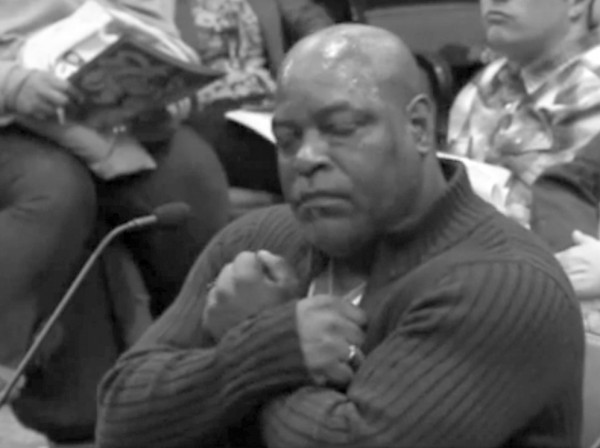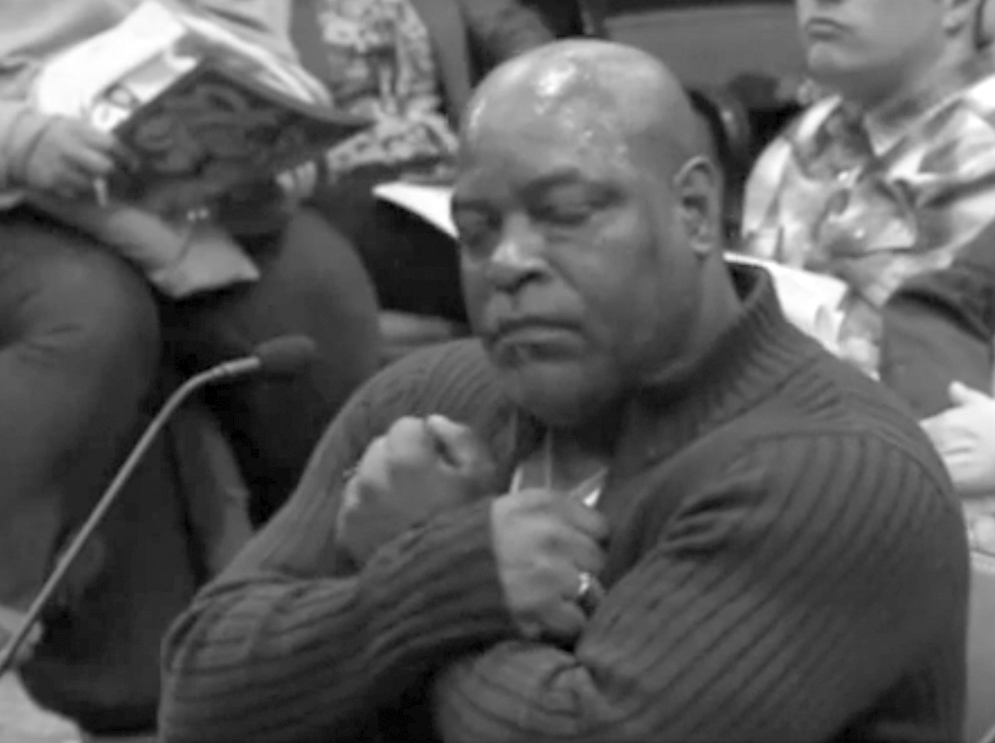 Following President Obama’s executive order limiting solitary confinement in the federal prison system, this disciplinary method has begun receiving greater scrutiny across our country. In the past few months I have heard a range of voices – nationally and locally, from mental health professionals to formerly incarcerated Rhode Islanders – speak out about this practice. As someone who spent over three decades working at the Rhode Island Department of Corrections, I would like to add my perspective.
Following President Obama’s executive order limiting solitary confinement in the federal prison system, this disciplinary method has begun receiving greater scrutiny across our country. In the past few months I have heard a range of voices – nationally and locally, from mental health professionals to formerly incarcerated Rhode Islanders – speak out about this practice. As someone who spent over three decades working at the Rhode Island Department of Corrections, I would like to add my perspective.
I retired in July 2012 after 33 years with RIDOC. After holding several administrative roles, I became the Warden of the Women’s Facilities in 1991. After ten years in that position, I was promoted to Assistant Director of RehabiIitative Services, one of three members of Director Wall’s leadership team, where I served for eleven more years. I worked very closely with Director Wall and have great admiration for him. He is one of the most well respected Corrections Directors in the country and is responsible for bringing the Department into compliance with many of the highest standards in the field. Over the course of my career I also supervised Officers and professional staff. I knew many of them and can speak to the professionalism and responsible behavior of the great majority of them.
That said, from my firsthand experience within the corrections system, I strongly support legislation introduced by Representative Aaron Regunberg and Senator Harold Metts to guarantee commonsense protections against the inappropriate use of prolonged solitary confinement. I believe the reasonable reforms they propose are important not only from a humane perspective, for I have seen how segregation harms individuals and their families, but also from a public safely perspective. Too often, inmates come out of Isolation angrier and more dangerous than they were before. Some, unfortunately, are released directly to the community from Segregation when their sentence ends. If we have not done all we can to change that person’s behavior, he or she will continue to be a threat to us upon their return.
I have observed and talked with many inmates who had been locked in Isolation for extended periods of time, and over the years it became painfully clear to me that inmates subjected to long term isolation often suffer irreparable harm. My observations have been confirmed by a growing body of research indicating that periods of longer than 15 days in Isolation results in serious mental health damage.
The ability to isolate people from general population is an important tool for institutional management. This legislation does not eliminate the use of Isolation. It only sets reasonable time limits and basic humanitarian baselines, while requiring adequate treatment and programming.
Viable alternatives to Isolation exist for most offenders. Therapeutic communities, nonviolence training, and behavioral training are examples of approaches used in some prisons including the ACI. Unfortunately, in Rhode Island rehabilitation receives only 15% of the budget. It is impossible to provide these programs to most of the inmates who could benefit from them. Every inmate in Isolation would benefit from the introduction of therapeutic programming and nonviolence training.
Isolation should be utilized only for as long as necessary to protect staff and inmates from physical harm. It loses its meaning and becomes tragic when it is extended beyond reasonable periods of time. And it is especially painful to vulnerable people, the mentally ill, emotionally unstable and many female offenders who have been deeply affected by isolation. Think about yourself in that situation – being isolated from human contact for months at a time would affect any of us.
The legislation before the General Assembly presents a real opportunity to begin to reshape a system that as it exists today, fails to truly accomplish its mission. As someone who helped lead this system for decades, I don’t say this lightly. I feel proud of the accomplishments we achieved over the years. But I feel compelled to speak now, and I hope our state will do the right thing, and the smart thing, by reforming a practice which has so much potential to damage our fellow Rhode Islanders and our community as a whole.

